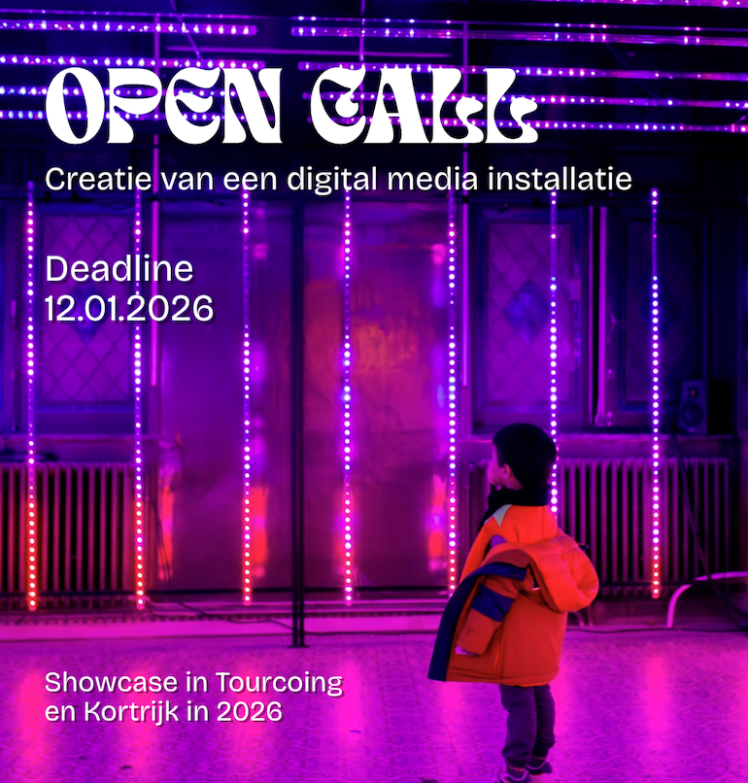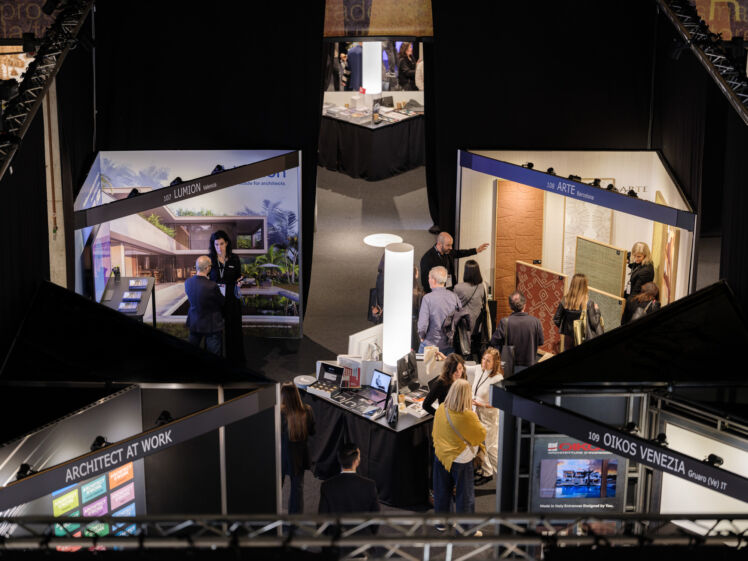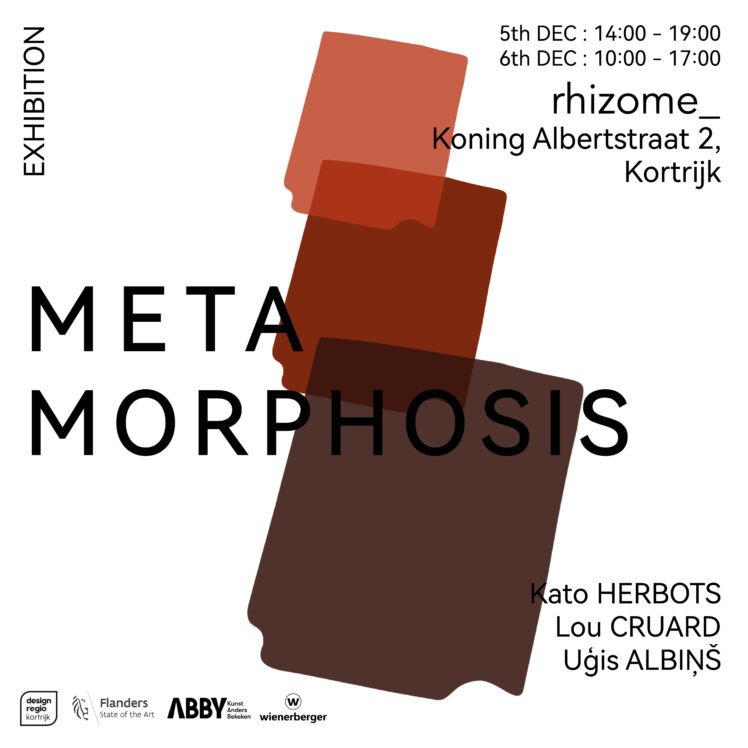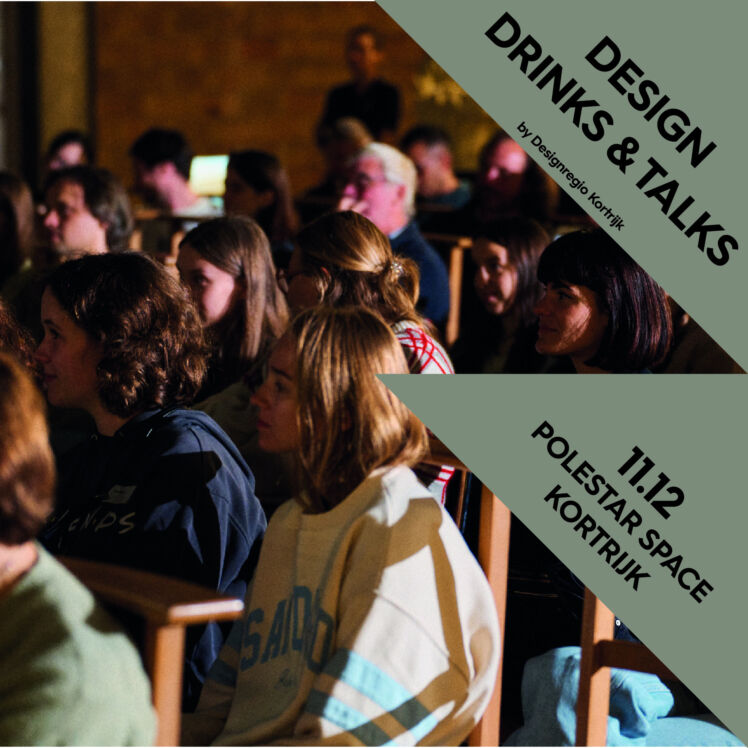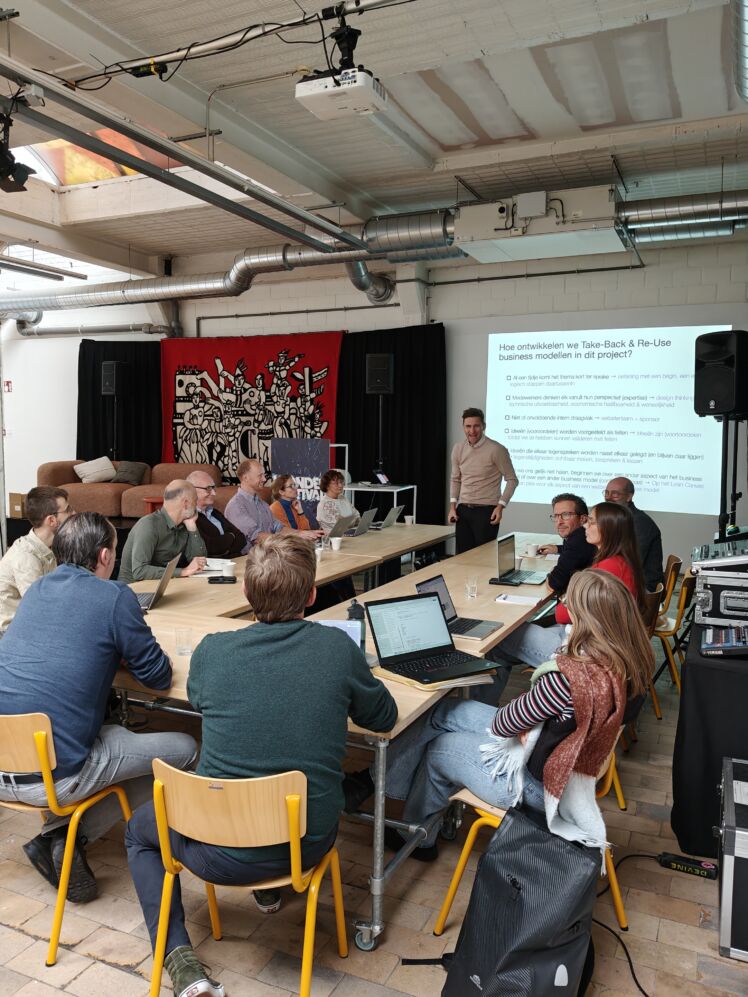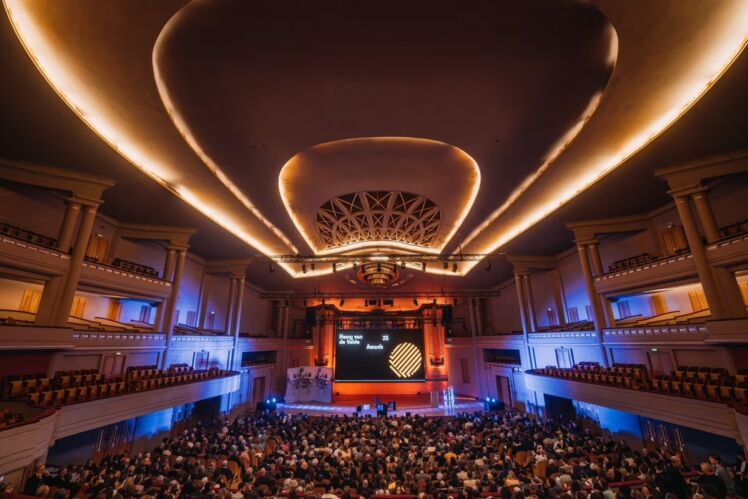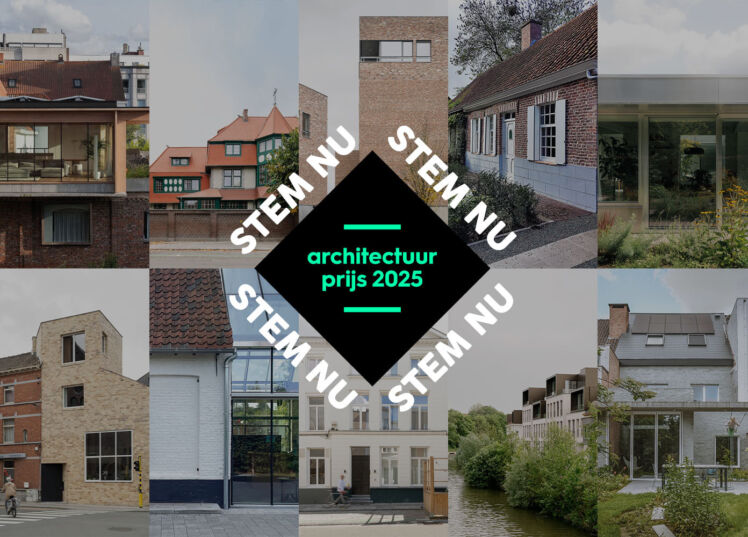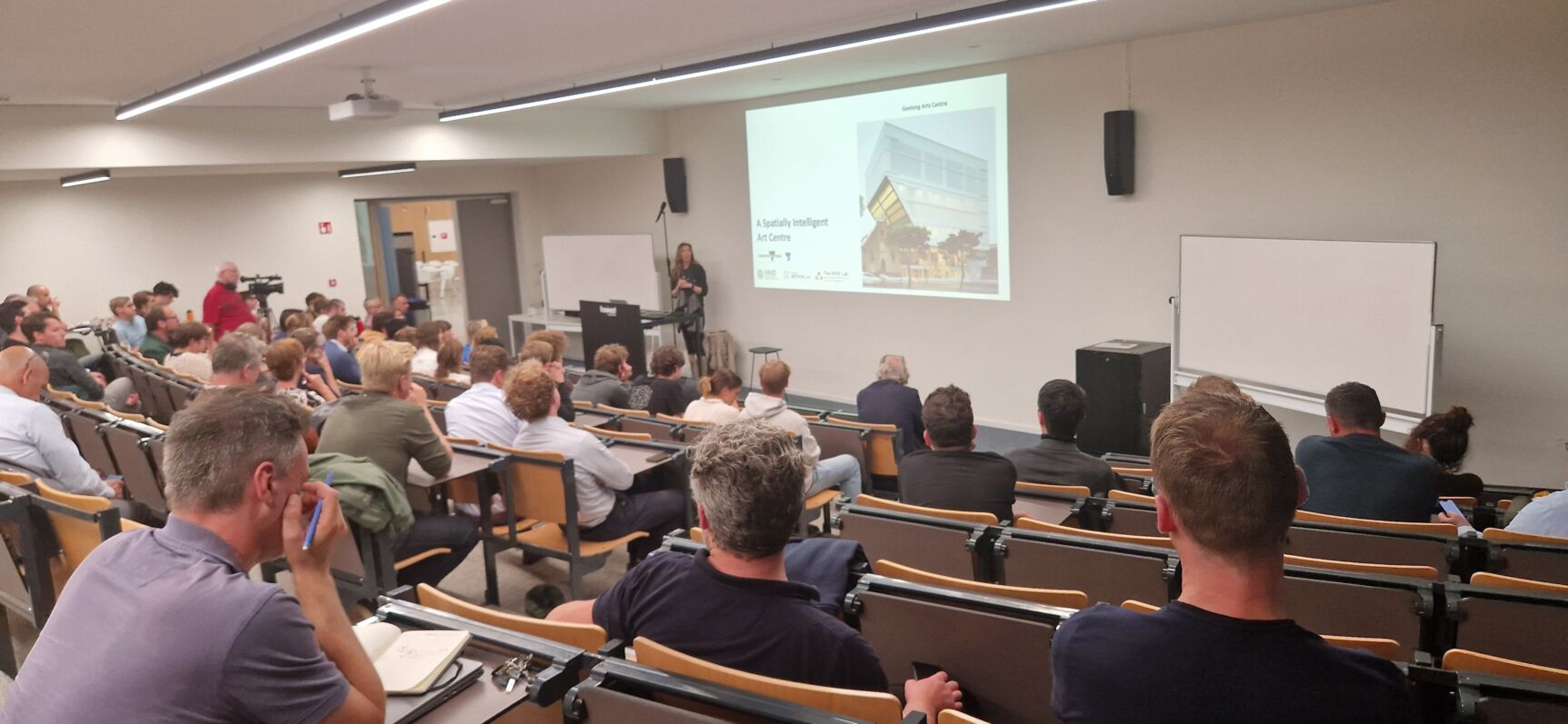
Professor Tuba Kocaturk gives unique lecture on Ambient Intelligence
This week, Tuba Kocaturk was our guest in Kortrijk for a lecture on Ambient Intelligence . Tuba is professor of integral design and vice head of the School of Architecture and Built Environment at Deakin University in Geelong, Australia. She is an architect, lecturer and leads research on technology-enabled design and innovation in the built environment. She is also the founder and director of the MInD (Mediated Intelligence in Design) Research Lab, which focuses on the intersection of the built environment, information technology and design innovation.
We got to know Professor Kocaturk at the UNESCO Creative Cities of Design Meeting in Geelong in March 2023. We immediately saw connections between her expertise and the challenges in our region, as well as with the new Built Environment course at Howest.
Professor Kocaturk inspired us with her model of innovation in the built environment, which is transdisciplinary. She highlighted how the transition from a digital to an experiential economy is affecting various sectors and changing our approach to designing, building and interacting with the built environment. She stressed the importance of data-driven and smart design, which creates new economic, social and cultural values.
In her talk, we learned how integrated computer models, spatial intelligence and real-time connectivity can contribute to new interactions between people and their environment. She introduced the concept of Ambient Intelligence, which is based on a transdisciplinary approach to innovative design and challenges existing practices and interactions with other disciplines.
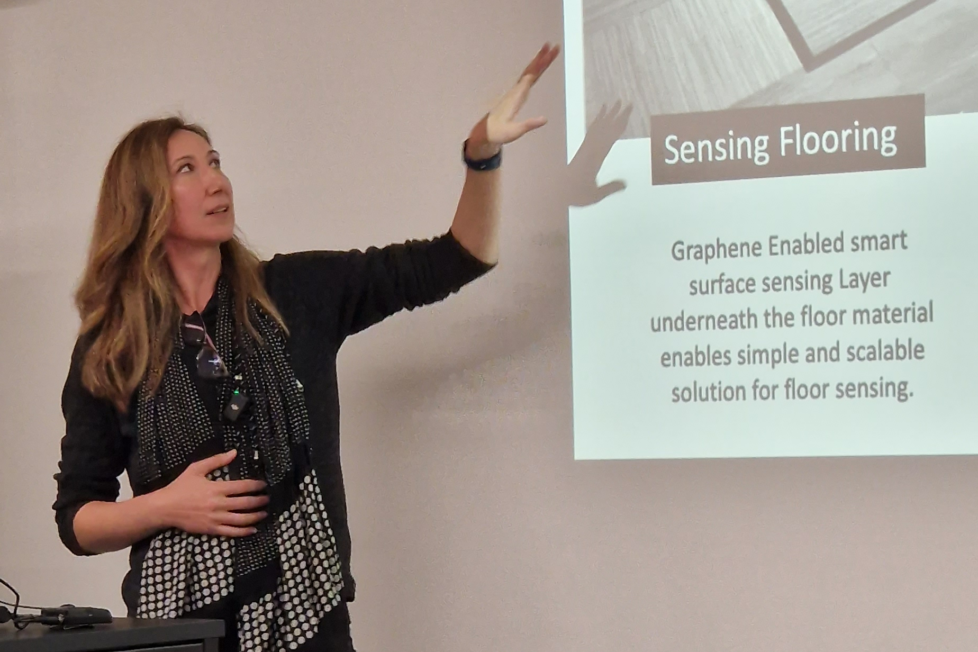
One example she cited was the Spatially Intelligent Arts Centre in Geelong, where smart and innovative applications monitor spatial, physical and social aspects to optimise a building's experience and operational efficiency.
Another example involved Western Beach, where her team used "spatial storytelling" using immersive technologies. This resulted in an innovative way of connecting residents to the history and heritage of a place or city through everyday experiences.
In addition to her lecture, Professor Kocaturk also conducted a workshop with the Built Environment students which gave the students a chance to go even deeper into these topics.
This is a direct result of Kortrijk being recognised as a UNESCO City of Design. Through the global network of 43 design cities, we can share challenges and expertise, even as far away as Australia!


